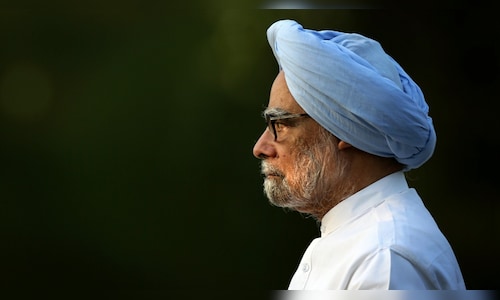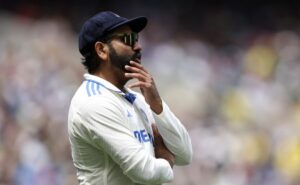

In laying down the office, in 2014 the then Prime Minister was humility personified and responded as he did that history would be kind in judging his tenure as the Prime Minister. This came from a politician who was heard in rapt attention by a phalanx of global leaders as the world in 2008 grappled with the economic crisis.
Never the one to be in the limelight, Dr. Manmohan Singh preferred his work speak for him rather than any spiel masters ever ready to wrap a halo around the leader. Once one Cabinet member suggested that the Prime Minister talk about the achievements of his government, and the colleague was gently reminded that was not his way. One could divide the role of PM Manmohan Singh into three different layers – as a politician, a reformer-economist, and a foreign policy architect.
Bureaucrat-Politician
Dr. Singh spent his entire working life leafing through the files that crisscross the labyrinth corridors of power, preparing and supervising policy documents that fundamentally altered the economic architecture of the country and finally providing space to his colleagues to work to their full potential.
Having been an understudy to Prime Minister, P V Narasimha Rao, a master practitioner who helmed the country at one of its most challenging times, Dr. Singh remained personally respectful of his political mentor. This reflected amply that Prime Minister Dr Singh always attended former PM Rao’s birth anniversary event at Andhra Bhawan, even after Congress under Sonia Gandhi distanced the party from Rao. The gentle Sikh known for his extreme humility always stood up for his conviction. Yet, when required while responding to repeated barbs from the opposition, there were periodic flushes of aggression that flowed in his speeches in Parliament.
Economist-reformer under siege
His role as the architect of economic reforms is too well known to be recalled. Yet, his policy of allowing his Ministers to work independently also led to a situation during his second term as Prime Minister when the economic situation was characterised as afflicted by ‘policy paralysis’.
Part of the problem arose from the choice of policies drafted by his Finance Minister Pranab Mukherjee, once his boss. The latter accepted a role in the Union Council of Ministers under instructions from the party. Their equations were deferential but the perception of economic slowdown began to grow. In one of his meetings with Captains of Industry, Dr. Singh reminded the assembly to rekindle the ‘animal spirits’.
The response was tepid and the coalition government led by Dr Singh came under increasing attack from all sides on serious charges of corruption. While personally, no one doubted his impeccable integrity and honesty, the shrill voices from the opposition over 2G spectrum allocation, the coal block cases, the Commonwealth Games graft scandal, and finally the Anna Hazare-led anti-corruption movement severely dented the government.
For a government that retained power in 2009 with greater numbers for the Congress on the strength of the lily-white image, Rights-based Acts like RTI, MNREGA, Food Security, and Farm loan waiver, the second tenure was beset with multiple challenges, emanating from the party, from acts of coalition partners and vociferous opposition.
Foreign Policy
In one of the debates on the India-United States Nuclear Agreement, responding to criticism that he was not well-versed with the subject, in his understated way, Dr Singh reminded that he had worked closely with the policy issue during his earlier avatar as a bureaucrat. What will remain firm is his steadfast commitment to get the deal through despite stiff opposition from the Left allies, and party colleagues with similar leanings.
When it mattered, the PM stood up and even convinced Congress president Sonia Gandhi to go along. The PM staked the prestige of his government by insisting on a vote of confidence and emerged triumphant. One television channel flashed pictures of Dr. Singh walking out of Parliament waving a victory signal to a song from a then-popular Bollywood movie ‘Singh is King’.
The foreign policy outreach and prestige grew under Dr Singh who played a quiet role while allowing his Foreign Ministers Natwar Singh and later S M Krishna to work their way in South Block. In 2009-10, India had one of the most significant achievements when leaders of the P-5 countries visited New Delhi for a bilateral, which remains a distinct milestone in India’s foreign policy.
Despite having been born in undivided India, in a part that is now in Pakistan, PM Singh made sincere efforts to improve ties but remained sensitive by not traveling to the country. It will require future students to study from a distance the contribution of Dr. Manmohan Singh to prove or otherwise his prophetic words ‘ that history would judge him kindly’.
—The author, K V Prasad, is an author and political analyst. The views expressed are personal.
Read his previous articles here



